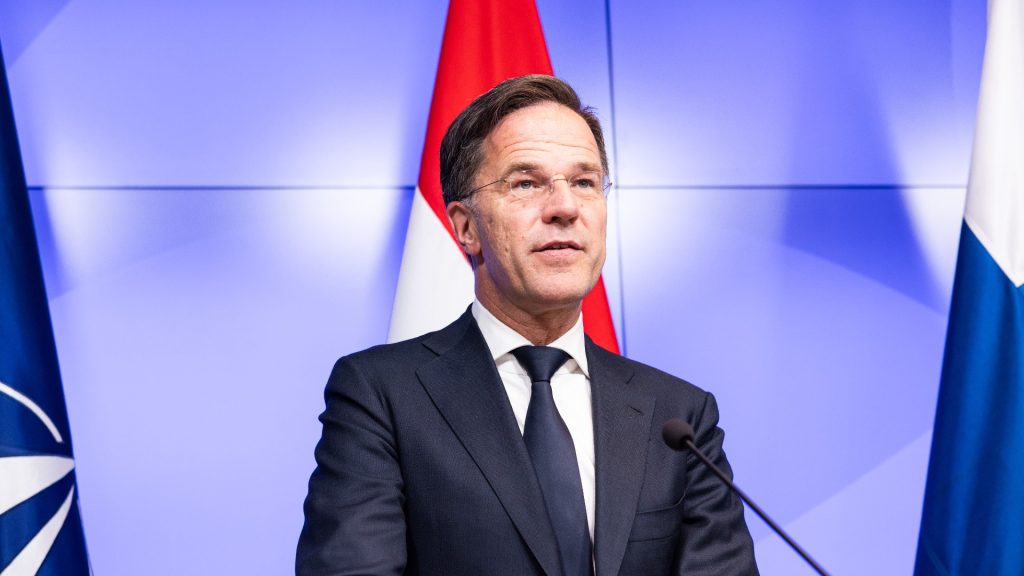Mark Rutte cautioned that a Russian victory over Ukraine would severely undermine NATO’s deterrence capabilities.
Others are reading now
NATO Secretary-General Mark Rutte warned on January 23 that a Russian victory in Ukraine would severely weaken the military alliance’s deterrence capabilities, according to the Associated Press.
Rutte explained that rebuilding NATO’s credibility in such a scenario would cost significantly more than the current efforts to boost defense spending and industrial production.
“If Ukraine loses, restoring NATO’s deterrence will come at a far greater cost,” Rutte said. “We’re not talking billions—it would be trillions.”
Speaking at the World Economic Forum in Davos, Switzerland, he urged Western nations to maintain their support for Ukraine as the war approaches its third year.
Also read
“We cannot allow, in the 21st century, for one country to invade and try to colonize another,” Rutte said. “We need to change the course of this war.”
He also voiced concerns about potential peace negotiations led by former U.S. President Donald Trump that might offer unfavorable terms to Ukraine. Rutte warned this could strengthen Russia’s geopolitical position and embolden its allies, including North Korea, Iran, and China.
“If we accept a bad deal, it would allow Russia to celebrate with its authoritarian allies, and we cannot let that happen,” Rutte added.
At the same event, U.S. special envoy Richard Grenell criticized NATO members that advocate for continued military action while failing to meet defense spending commitments.
“It’s outrageous to push for more war efforts while not meeting the 2% GDP defense spending target,” Grenell said. “The American people cannot continue to shoulder NATO’s costs if other members don’t pay their fair share.”
Currently, 23 NATO members are expected to reach the 2% spending goal by 2025, while others remain behind. Poland and Estonia lead in defense spending relative to their GDP.
Andrius Kubilius, the European Commissioner for Defence and Space, also highlighted broader threats from Russia, North Korea, Iran, and China.
“Europe faces increasing challenges, from disinformation and sabotage to espionage and weaponized migration,” Kubilius said on January 20.


